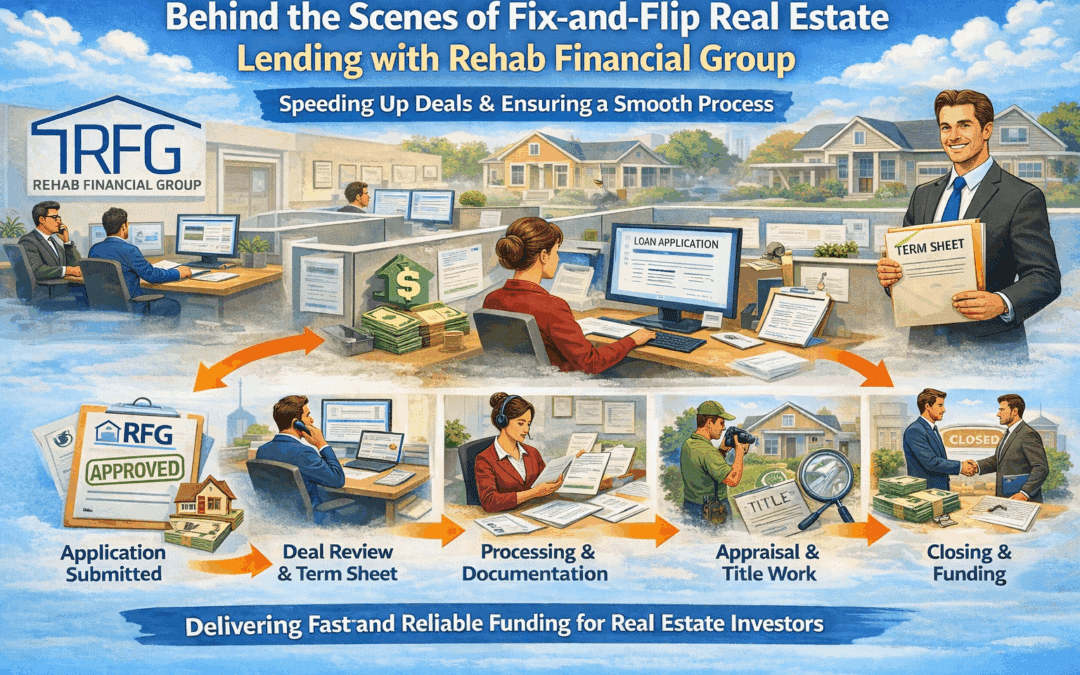If you’re interested in investing in commercial real estate, it’s important to consider what type of property is best for your portfolio. There are several different types to choose from — and each has its own risks and benefits.
Here’s what you need to know about different commercial properties, so you can make an informed decision about your next investment.
Types of Commercial Properties
There are many types of commercial properties that you might invest in. Here are a few of the most popular types:
1. Apartment Buildings
Although sometimes thought of as residential, most real estate professionals consider apartment buildings with more than four units to be commercial real estate.
Apartments are typically one of the less risky ways to invest in commercial real estate. Why? Because everyone needs a place to live. As long as you’re investing in a commercial apartment complex near heavily populated or up-and-coming areas, you’re likely to find a good investment.
The main reason apartment buildings are safe is that if one tenant moves out, leaving the unit vacant, you can still make up for it with the rent from the other units. Some apartment complexes also have commercial retail or office spaces available in them, allowing you to diversify your portfolio even more.
However, managing an apartment complex requires you to also invest your time — from managing the space to advertising, and handling repair requests. You’ll likely need to hire a small staff to keep your property running smoothly, perhaps through a specialized property management company.
2. Storage Spaces
While it may not be the most glamorous commercial real estate type, storage spaces tend to stand the test of time. No matter the economic outlook, these properties tend to do better than other types of real estate — because commercial properties often respond slower to economic disturbances. They also involve lower maintenance than apartment buildings, since you’re not dealing with people living in your owned spaces.
Just be sure to check out surrounding storage businesses before investing to make sure your property is in a good location.
3. Retail Spaces and Shopping Centers
If you don’t want to deal with an apartment complex, but like the idea of owning a commercial space that’s home to multiple units, you might want to invest in a retail space, like a shopping mall, strip plaza, stretch of retail units, or flex space. This type of business is similar to an apartment since you’ll have multiple tenants, which can allow you to keep the rent lower while attracting new businesses. And if one retailer leaves, you’ll still have income from the others.
But like apartment buildings, managing retail spaces requires a lot of time, so if you’re not looking to answer tenant requests and handle repairs often, consider hiring a property management company or looking for a more passive form of real estate investment.
4. Office Spaces
This type of commercial property can be similar to owning retail spaces, depending on the building. On one hand, if you own several office locations in different buildings, the ownership experience might be a lot like it is for retail properties.
However, if you invest in a single office building, you may be able to rent it out to one or two large companies, rather than dealing with smaller tenants. Since businesses usually have a fixed start and end time, you’ll also know when they’ll be in the building, potentially limiting the hours that you’ll need to be available for service requests.
While this may sound like a lucrative opportunity, keep in mind you’ll need to secure a new tenant quickly if the company you rent to decides to leave. And you may find managing this type of investment property is even more cumbersome and expensive.
5. Co-Working Spaces
Another new way to earn rental income is by investing in a commercial space that you can then rent out for a monthly price to people who work from home. Co-working spaces allow remote employees, entrepreneurs, and freelancers to rent spaces in your building to work, host conferences, and more. Coworking spaces work best in large cities, and you can rent spaces and desks by the hour, day, month, or year.
The downside to this type of property is that income can be unpredictable if you have more customers interested in hourly or daily memberships, rather than monthly or yearly subscriptions. You’ll also want to have someone onsite managing the building and taking care of any maintenance.
6. Single-Use Commercial Buildings
A single-use commercial space is a building that one tenant occupies, such as a restaurant, a pharmacy, or a car dealership. Although owning a sole property that you rent out to one company may seem more manageable, there’s a big risk here. Since you only have one tenant, if they leave, you’re facing an interruption in rental income until you’re able to secure a new tenant.
As long as you’re prepared for this possibility — or adding this type of space onto a portfolio that can be covered during a period of vacancy by your other units — then you might consider this type of investment for its lower maintenance costs.
Which Commercial Investment Property Is Right for Me?
There’s no one answer — every commercial property is different, and you’ll want to find the one that best suits your investment goals and your availability. Before looking for a commercial property, be sure to ask yourself a few questions:
- What’s my risk tolerance?
- How long can I survive a vacancy?
- How involved in managing the property do I want to be?
- Is this commercial property in the right area?
Alternatively, if you’re worried about the risk of managing your own property, you might want to partner with another investor to help split the risk and responsibility. And if you’re worried about the time investment and don’t want to hire a property management company, you might consider renting out a single-family home instead, or more passive types of real estate investing, such as real estate investment trusts (REITs).
Planning and Next Steps
We’ve covered many of the most popular commercial property types, but of course, there are many other types of commercial properties, like educational facilities, mobile home parks, and even owning parking lots. The right type for you will vary based on your goals and needs.
Investing in real estate comes with risks, especially when you’re dealing with commercial properties. Make sure you know how much risk you’re comfortable with before looking for a new investment property, then consider how you’ll run the property and how much time it will take out of your weekly schedule. Share the answers to these questions with your realtor to help you narrow down the perfect commercial space for your portfolio.
























0 Comments